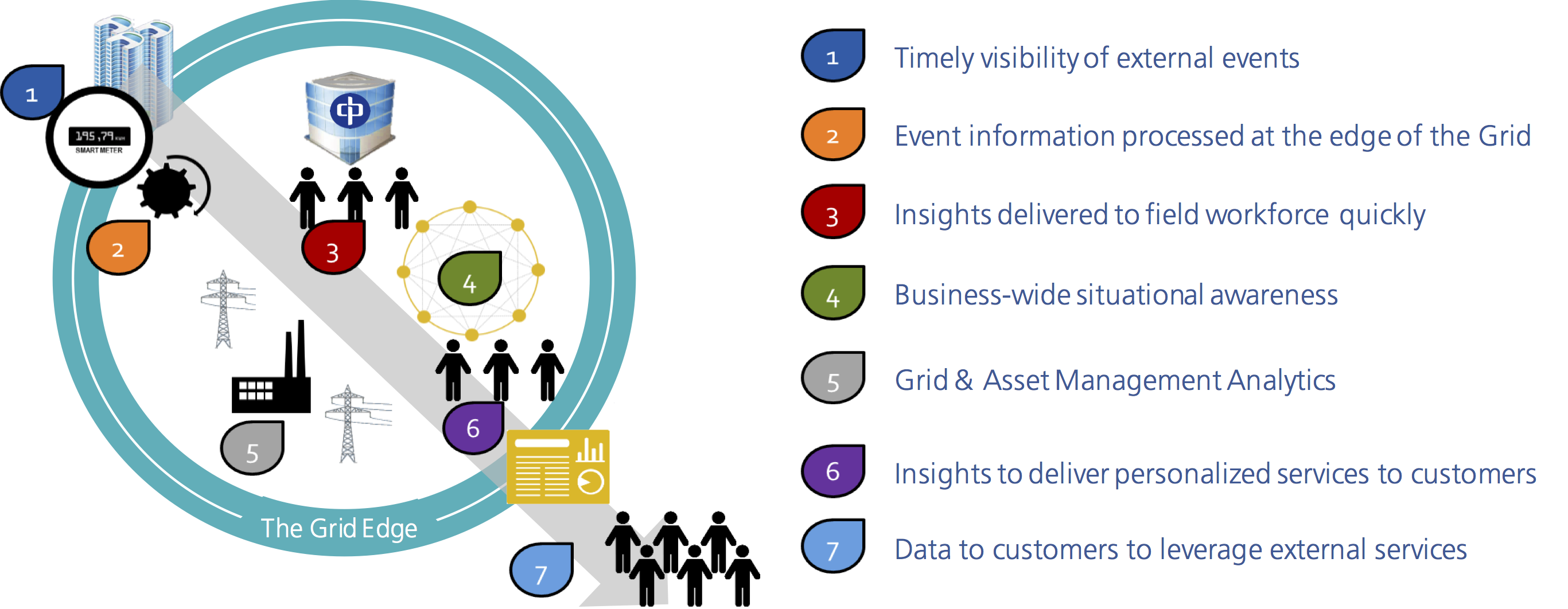Earlier this week I presented at a Smart Cities event in Kuala Lumpur. It was quite an intimate setting and I was a little apprehensive at first, a small room with no more than 30 people.
It turned out to be a useful couple of days. Hearing from our good friends at TNB (Malaysia’s largest electric utility). They described the key role they were playing in supporting Malaysia’s Smart City ambitions.
Houssam Abiad, Deputy Lord Mayor of Adelaide, explained his Smart City vision. A small City of approximately 22’000 residents but with big ambitions. The National Geographic Channel showcased Adelaide as part of its Smart Cities series. A series that selected just 18 cities globally. A great recognition for their effort.
Like TNB, I was to present on CLP Power’s efforts to support Hong Kong’s Smart City ambitions. Part of this presentation introduced the audience to CLP Power’s 2020 Smart Grid Vision, so I wanted to explain a little further here.
The key theme that underpins this vision is Situational Awareness. There are dozens of definitions. I tend to like a simpler definition, which is knowing what is going on around you. In nature this can mean the difference of life and death. Situational Awareness has been a key focus for the military for a long time for the very same reason. Managing electricity is no different.
Technology is unlocking new opportunities at an ever increasing rate. In the consumer world a bad technology investment may only have to live with you for a couple of years. In business, with the adoption of cloud, hardware decisions are becoming less of an issue. For Utilities, metering and field network equipment has to last 10 and in many cases 15 plus years.
In a previous post I talk about the risks of leaving investment decisions just to the metering department. This was because smart metering investments need to be discussed by many business stakeholders. I introduced the idea of a Services Map to help with these conversations. I am suggesting those conversations include someone with an understanding of situational awareness.
So in the context of a Utility what is situational awareness and why should you care? I gave the simple definition of it being about knowing what is going on around you. So imagine if your meters, routers, and other field devices knew what was going on around them. They did not have to send all the data back to HQ and wait for instructions. What opportunities would that open up?
Let me give you some examples.
Today during a power outage Utilities rely on a tsunami of ‘last gasp’ signals from meters in the field. Telling the Utility they have lost power. The Utility hopes to get enough of these to understand the extent of the failure before the network collapses. The data is then crunched and the Utility decides what action to take. Imagine if your field devices performed that analysis in near real time at the edge of the network. The back office then received clear instructions on the fault and what you needed to do.
Now think of the example where you get just one ‘last gasp’ signal. You may not give it much of a priority. To that family, losing power is a top priority. So in this example imagine the meter realizes it is the only one with no power. It knows it is not an issue with the power network. It is likely something to do with the local environment. Maybe something on the customer side. In this case the meter can notify the customer directly. The customer can then take action to avoid the frustration of returning home from work to a house with no power.
Now imagine a customer has an elderly family member at home. They register for your unusual alert service. The meter at the edge of the network notices a change from expected usage patterns. The meter triggers an alert to the registered customer so they can check to see if their elderly family member is OK.
These examples are just within the electricity industry and you can imagine there is a growing list of examples. What if these devices were collaborating beyond traditional boundaries? Talking to water meters, gas meters, building management systems, and even consumer owned devices. The opportunities for new and improved services become endless.
This is not some futuristic idea. These technologies are available today. So before you sign-off on that next multi-million dollar deal based on known requirements. Give a little thought to those future unknowns.
With situational awareness, you improve your ability to navigate future uncertainty. You never know, having this capability may end up being a game changer for your organization.
